Have you ever pondered the mysteries of life and wondered what lies beyond our mortal existence? The concept of rebirth in Buddhism is deeply rooted in the teachings of Buddhism, and offers a profound perspective on the eternal journey of the soul.
Buddhists embrace the idea of reincarnation, the significance of karma, and the intricate process of rebirth itself. Let’s explore this enlightening concept of karma and rebirth in Buddhism as we unravel the mysteries of why Buddhists believe in reincarnation.
The Intriguing Belief in Rebirth in Buddhism
In the tapestry of Buddhist philosophy, the belief in reincarnation weaves a profound and captivating narrative. Reincarnation, or rebirth, is the notion that our existence extends beyond the boundaries of a single lifetime.
Buddhists believe in reincarnation and suggest that when our physical body perishes, our consciousness endures, embarking on a new chapter in the endless cycle of birth, death, and rebirth.
Imagine life as a river, flowing ceaselessly through time. Each individual, like a droplet of water, emerges from the vast expanse of this river, takes shape as a unique being, and eventually merges back into the river once again.
Reincarnation captures the essence of this perpetual flow, affirming that our journey does not culminate with the final breath, but rather continues indefinitely.
Buddhists embrace the belief in reincarnation as a means to make sense of the impermanence of life. They recognize that everything around us, including our own physical bodies, is subject to change and eventual decay.
Related: Spiritual Rebirth: 13 Signs Of Awakening After A Dark Night Of The Soul
Reincarnation provides a comforting perspective, suggesting that our consciousness transcends the transience of the physical world, offering the possibility of new beginnings and continued growth.
Moreover, the concept of reincarnation resonates with our innate sense of justice and fairness. It proposes that the circumstances and experiences we encounter in our present life are not arbitrary or random but are shaped by the actions and intentions of our past lives.
This belief implies that we are not victims of an unjust universe but rather active participants in the creation of our own destiny.

The Role of Karma and Rebirth in Buddhism
At the heart of understanding rebirth in Buddhism lies the profound concept of karma. Karma, derived from the Sanskrit word meaning “action,” is the fundamental law of cause and effect.
In its simplest form, it suggests that every action we undertake, whether through our thoughts, words, or deeds, creates an imprint on the fabric of our consciousness.
To illustrate karma, let us consider the analogy of planting seeds. Every action we perform can be likened to sowing seeds in the fertile soil of our consciousness. Just as every seed has the potential to grow into a particular type of plant, every action carries the potential for future consequences.
Positive actions, such as acts of kindness, generosity, and compassion, sow seeds of positivity, while negative actions, such as harm, deceit, and greed, sow seeds of negativity.
However, karma extends beyond the mere act of planting seeds; it encompasses the entire process of growth and fruition. Just as a seed requires nurturing, time, and favorable conditions to blossom into a plant, the seeds of our actions require the appropriate circumstances to manifest their effects.
These effects may ripen in the same lifetime or may lie dormant, waiting for future rebirths to bear fruit.
Karma, therefore, serves as the bridge between our past and future lives. It is the invisible force that shapes the trajectory of our existence, determining the quality of our rebirths and influencing the circumstances we encounter.
Buddhists believe in reincarnation and suggest that our present actions, thoughts, and intentions are not isolated events but rather threads woven into the intricate tapestry of our karmic journey.
Understanding the role of karma empowers individuals to take responsibility for their actions, knowing that the choices they make in the present moment have far-reaching implications.
It invites us to cultivate mindfulness and wisdom, recognizing that even the smallest actions can have profound consequences in our lives and the lives of those around us.
The Interplay of Karma and Rebirth in Buddhism
The interplay of karma and rebirth forms a profound and intricate dance within the realm of Buddhist philosophy. Karma and rebirth are intimately connected, shaping the trajectory of our existence.
Imagine karma as the invisible threads that bind our actions, intentions, and thoughts to the eternal tapestry of existence. Every action we undertake, whether benevolent or harmful, leaves an indelible mark on our consciousness. This imprint carries forward, influencing the circumstances of our future lives.
In essence, karma acts as the architect of our rebirth, constructing the foundation upon which our new life will unfold.
Buddhists believe in reincarnation and claim that the quality of our actions determines the nature of our rebirth. Positive actions, motivated by love, compassion, and selflessness, create positive karma, which paves the way for a more favorable and harmonious future existence. On the other hand, negative actions, born from greed, hatred, and ignorance, generate negative karma, leading to a more challenging and turbulent rebirth.
Imagine a pond, its surface disturbed by the ripples created when a pebble is tossed into its still waters. Similarly, our actions create ripples of karma, reverberating through time and space.
These ripples intersect with the karmic imprints of others, forming a complex web of interconnectedness. Our rebirth is not isolated but intertwined with the collective karma of all sentient beings, creating a vast tapestry of cause and effect.
Related: Signs Of Reincarnation: Is Cellular Memory The Key To Our Past Lives?
Breaking the Cycle of Samsara
Central to Buddhist teachings is the yearning to break free from the cycle of samsara, the perpetual cycle of birth, death, and rebirth. Samsara represents the realm of suffering, a continuous cycle of existence characterized by dissatisfaction, impermanence, and the ceaseless pursuit of transient pleasures.
Buddhists aspire to transcend this cycle by attaining enlightenment, a state of profound wisdom, compassion, and liberation. The path to liberation lies in understanding the nature of suffering, the causes of suffering, and the means to alleviate it.
The key to breaking the cycle of samsara lies in the cultivation of wisdom and ethical conduct. By recognizing the impermanence and unsatisfactory nature of all phenomena, individuals can develop a deep understanding of the transient nature of worldly pleasures.
This insight frees them from clinging and attachment, liberating them from the cycle of desire and aversion that perpetuates suffering.
Ethical conduct, guided by the principles of love, compassion, and non-harming, plays a vital role in breaking the cycle of samsara. By cultivating virtuous qualities and refraining from harmful actions, individuals purify their karma, gradually unraveling the knots that bind them to the realm of suffering.
This ethical conduct creates the foundation for a more positive and harmonious future existence, paving the path towards liberation.
Breaking the cycle of samsara is not a sudden or instantaneous process but a gradual journey of self-discovery and transformation. It requires unwavering commitment, mindfulness, and a deep-rooted desire to alleviate suffering, both within oneself and in the world.
The Process of karma and rebirth in Buddhism
Rebirth is not a random occurrence but a result of the intricate interplay of karma, the law of cause and effect. The process of rebirth in Buddhism is akin to a traveler moving from one destination to another. Just as a traveler departs from one place and arrives at another, our consciousness leaves the realm of the deceased body and arrives in the realm of a new life.
This transition is influenced by the karmic imprints we carry, which determine the circumstances, experiences, and challenges we encounter in our new existence.
It is important to note that rebirth does not imply the transmigration of a fixed, unchanging self or soul. Buddhism teaches that our individual identity, often referred to as the “self,” is a construct, a fluid and ever-changing interplay of mental and physical elements.
Rebirth occurs not as the journey of an unchanging self but as the uninterrupted flow of consciousness, carrying the imprints of past actions from one life to another.
Related: Samsara, Karma And Moksha: 8 Divine Hindu Teachings About Life
The Three Realms of Existence
Buddhism describes three realms of existence:
- The Desire Realm
- The Form Realm
- The Formless Realm
These realms represent different levels of consciousness and experiences.
1. The Desire Realm
The first realm is characterized by the pursuit of pleasure, sensory indulgence, and the constant sway of desires. In this realm, beings experience a wide range of sensations, from joy and happiness to dissatisfaction and craving.
The realm of Desire encompasses not only the human realm but also the realms of animals and certain heavenly beings.
2. The Form Realm
The second realm is inhabited by beings who have achieved a higher level of spiritual development and clarity. In this realm, beings are less driven by sensual desires and experience refined states of existence.
They possess subtle bodies and inhabit heavenly realms characterized by beauty, tranquility, and bliss.
3. The Formless Realm
The third realm is where beings transcend the confines of material form altogether. In this realm, beings exist in a pure, formless state, free from the limitations and constraints of physicality.
They reside in ethereal realms and experience profound states of meditation and spiritual absorption.
These realms are not fixed destinations but fluid states of existence, reflecting the karmic imprints and spiritual development of beings. The realm into which we are reborn is determined by the quality of our karma, the ethical conduct we cultivate, and the level of spiritual insight we attain.

The Purpose of Rebirth in Buddhism
The purpose of rebirth, a fundamental concept in Buddhism, unveils a profound journey of growth and awakening, inviting us to contemplate the deeper meaning and purpose of our existence.
It encompasses the notion that our journey through countless lives is not a mere coincidence or a random occurrence but a transformative process that offers opportunities for spiritual evolution and liberation.
Rebirth serves as a catalyst for growth and self-discovery. Each life we inhabit presents a unique set of circumstances, challenges, and experiences that serve as the fertile ground for learning, developing virtues, and cultivating wisdom.
It is through these diverse encounters that we have the chance to refine our understanding, deepen our compassion, and transcend the limitations of our ego-driven existence.
Rebirth also serves as a reminder of the interconnectedness of all beings and the profound responsibility we bear towards each other and the world. Our actions, intentions, and thoughts reverberate through time and space, shaping not only our own destiny but also the collective destiny of humanity.
Recognizing this interconnectedness encourages us to cultivate virtues such as compassion, kindness, and generosity, for we are bound together in a vast tapestry of interdependence.
Moreover, rebirth provides the impetus for the pursuit of liberation and the transcendence of suffering. It is within the cycle of birth, death, and rebirth that we confront the inherent unsatisfactory nature of existence, the impermanence of worldly pleasures, and the profound yearning for lasting happiness.
By understanding the true nature of suffering and its causes, we are inspired to embark on a spiritual journey of self-discovery, seeking liberation from the cycle of samsara.
Rebirth, therefore, serves as an invitation to embark on a path of self-realization and spiritual awakening. It calls us to examine our actions, intentions, and thoughts, to cultivate virtues and wisdom, and to transcend the limitations of our ego-driven existence.
It is through this transformative process that we can free ourselves from the shackles of suffering, attaining a state of profound peace, liberation, and enlightenment.
Takeaway
The belief in rebirth in Buddhism offers a profound perspective on the eternal journey of the soul. By understanding the interplay of karma and rebirth, Buddhists seek to break free from the cycle of samsara and attain enlightenment.
Rebirth provides an opportunity for growth, learning, and the realization of our true nature. As we embark on our own journeys, may the wisdom of rebirth illuminate our paths, inspiring us to live with compassion, mindfulness, and an unwavering commitment to our spiritual evolution.
Related: Life After Death In Hinduism? Here’s What Hinduism Teaches About The Afterlife
Frequently Asked Questions (FAQs):
What are the six types of rebirth in Buddhism?
In Buddhism, the six realms of rebirth are: Deva (heavenly beings), Asura (jealous gods), Human, Animal, Preta (hungry ghosts), and Hell.
How do you end rebirth in Buddhism?
To end rebirth in Buddhism, one must attain Nirvana by extinguishing craving, ignorance, and attachment through meditation and ethical living.
What do Buddhist believe happens after death?
Buddhists believe in reincarnation, where one’s karma influences their rebirth, until achieving Nirvana, breaking the cycle of suffering and rebirth.


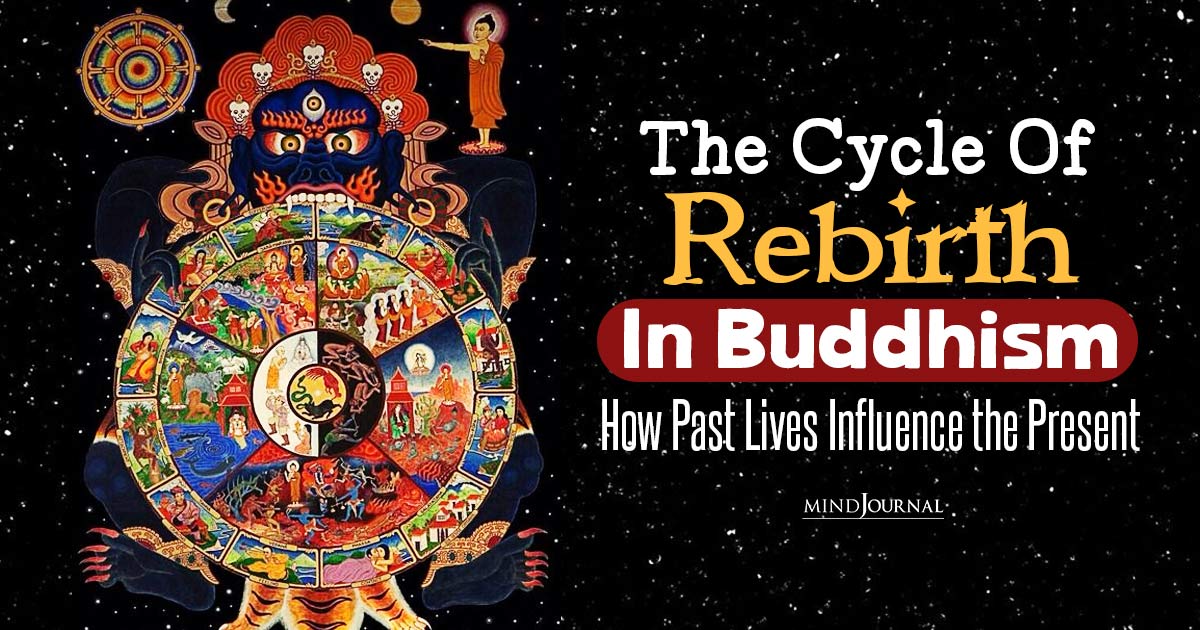
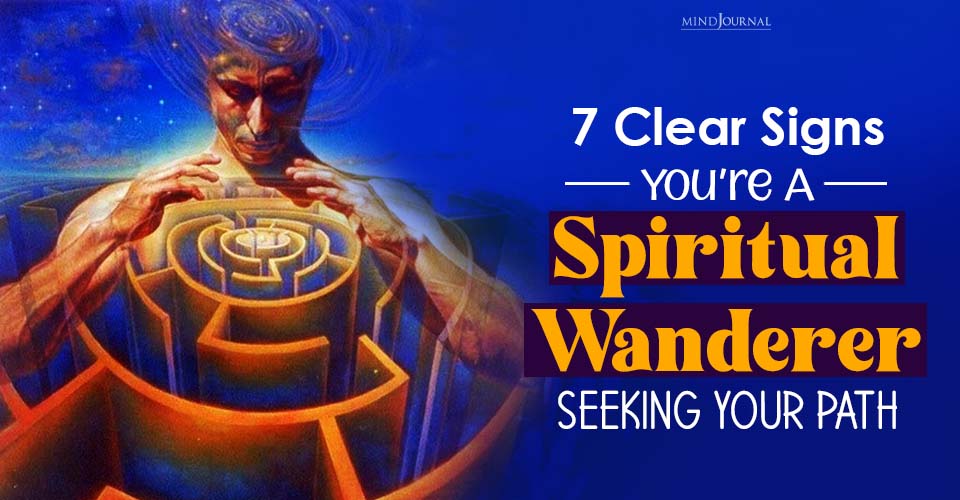
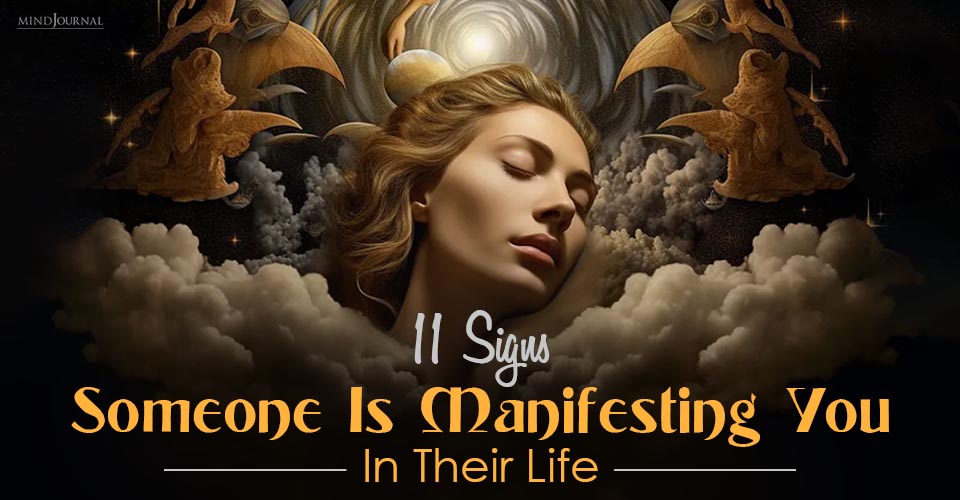
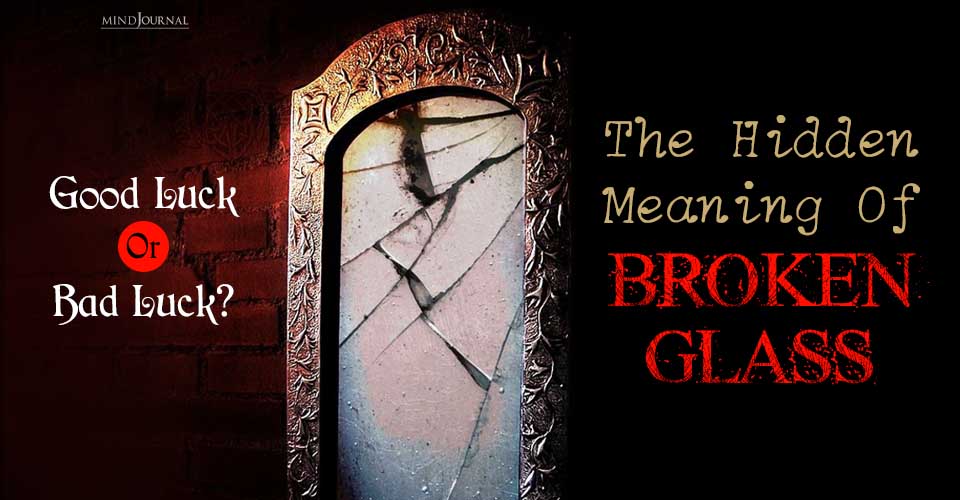
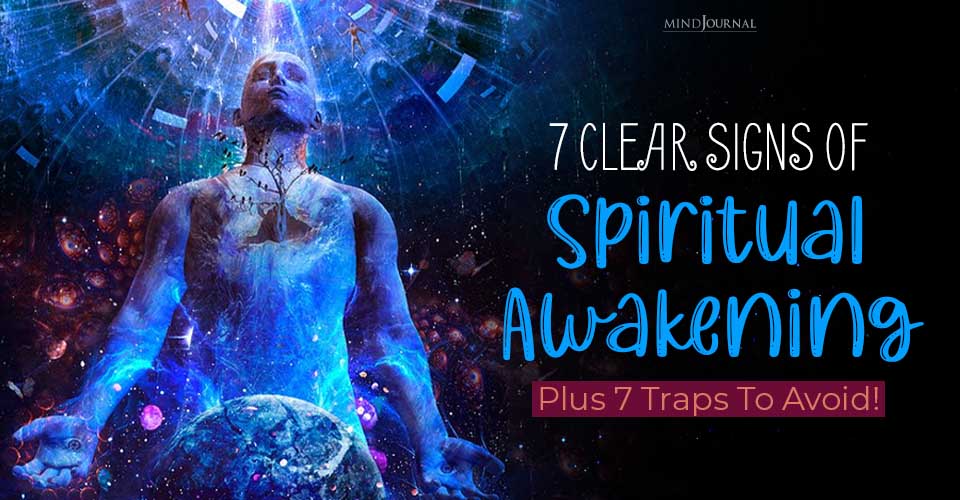
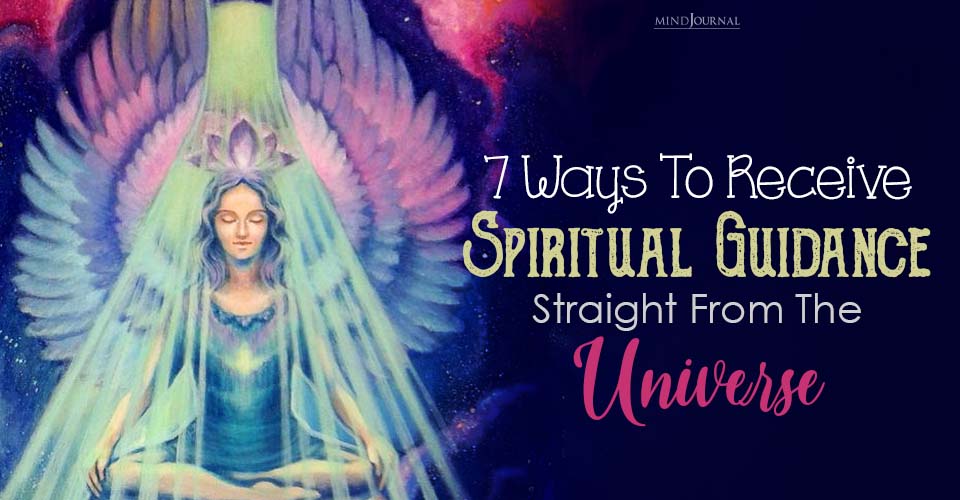
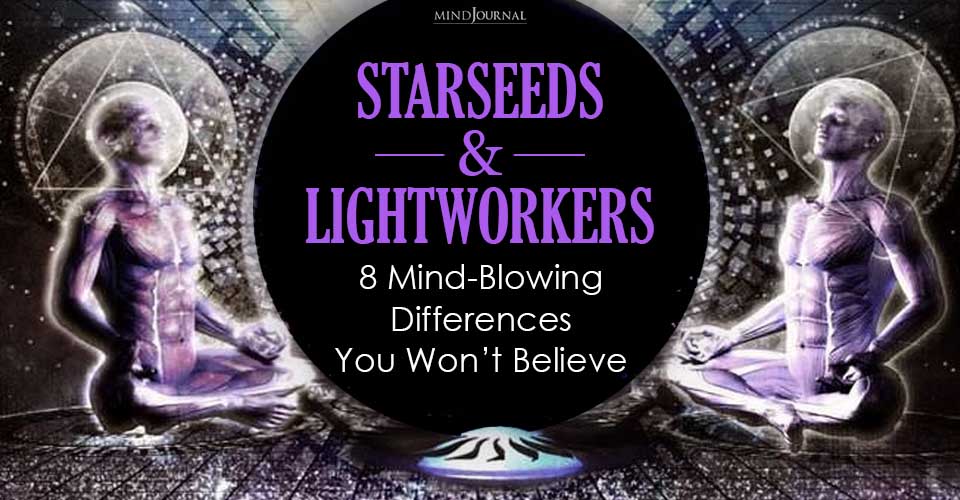
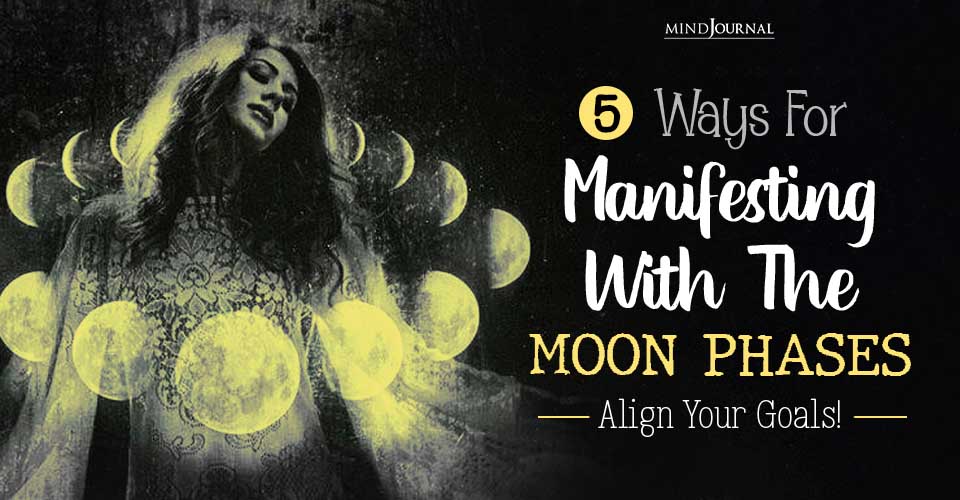
Leave a Reply